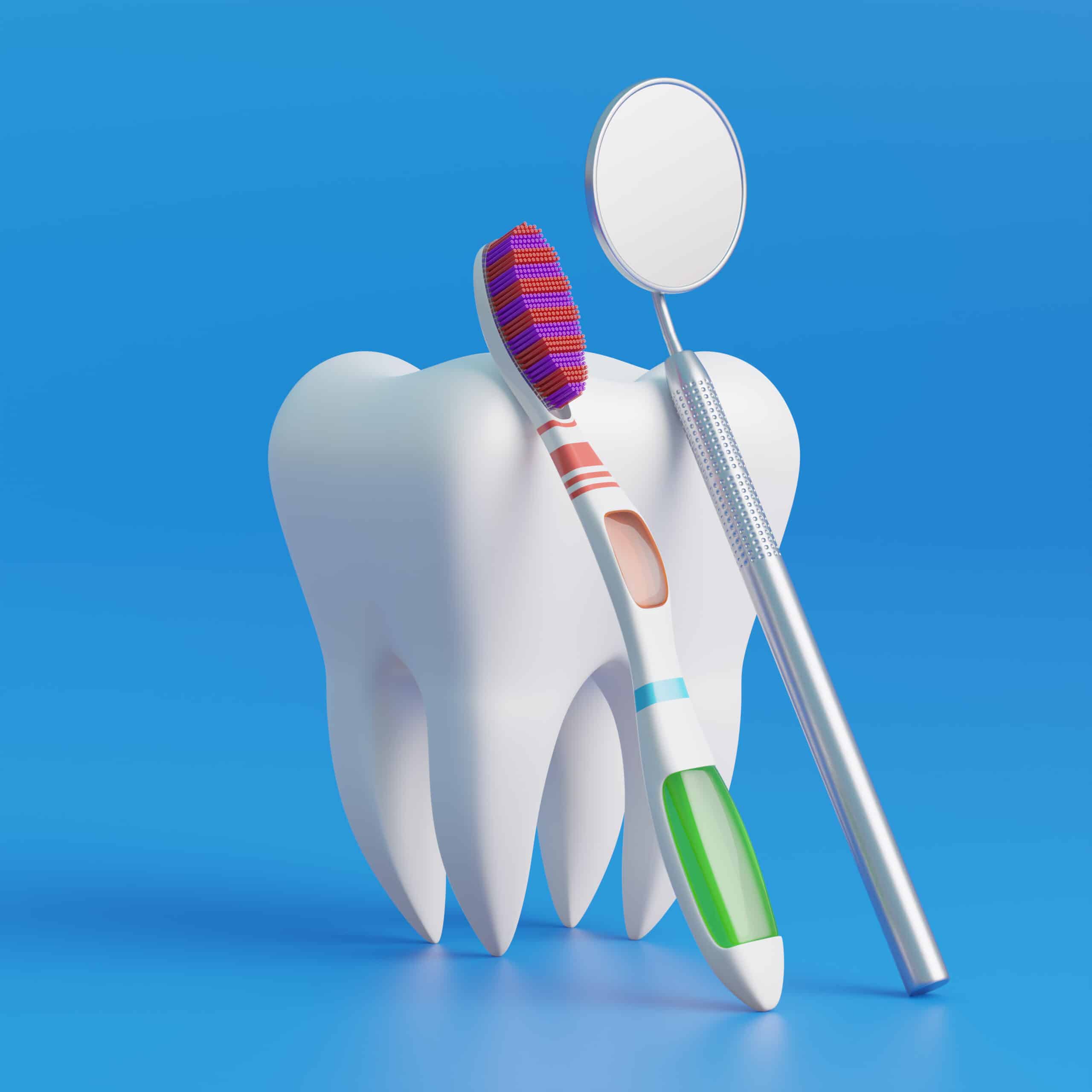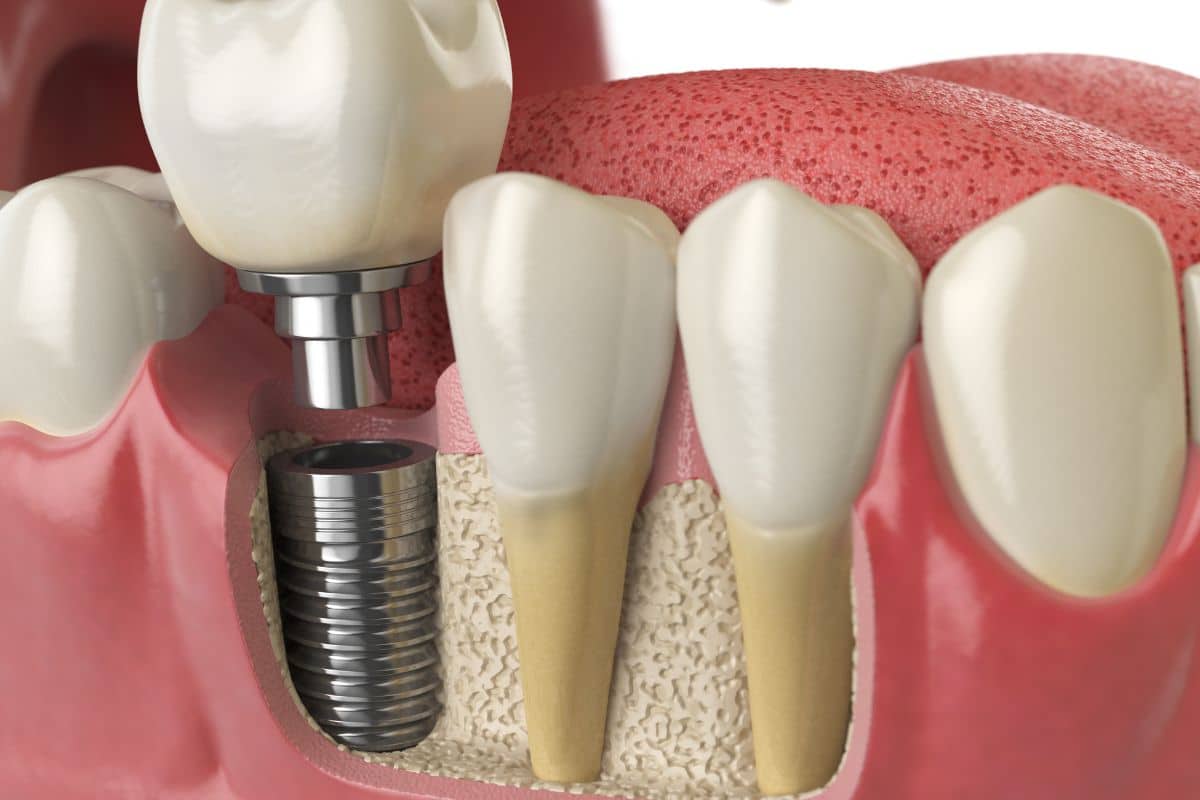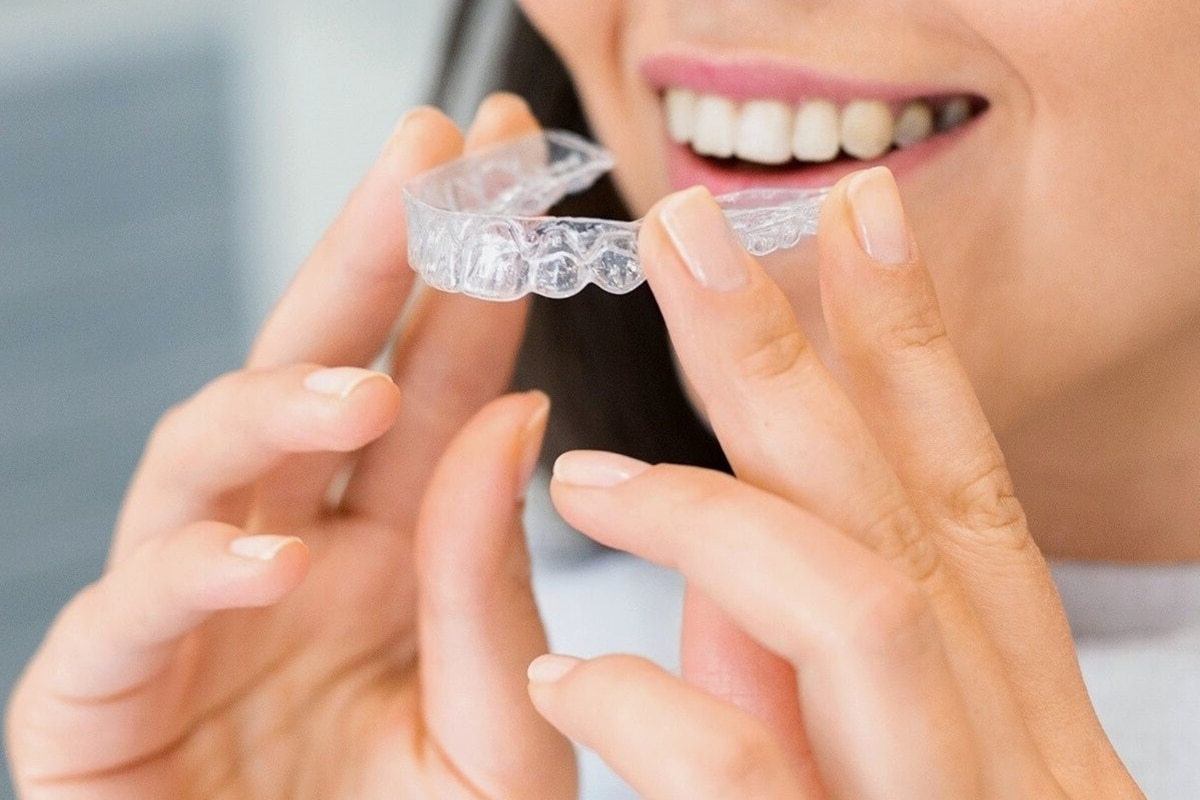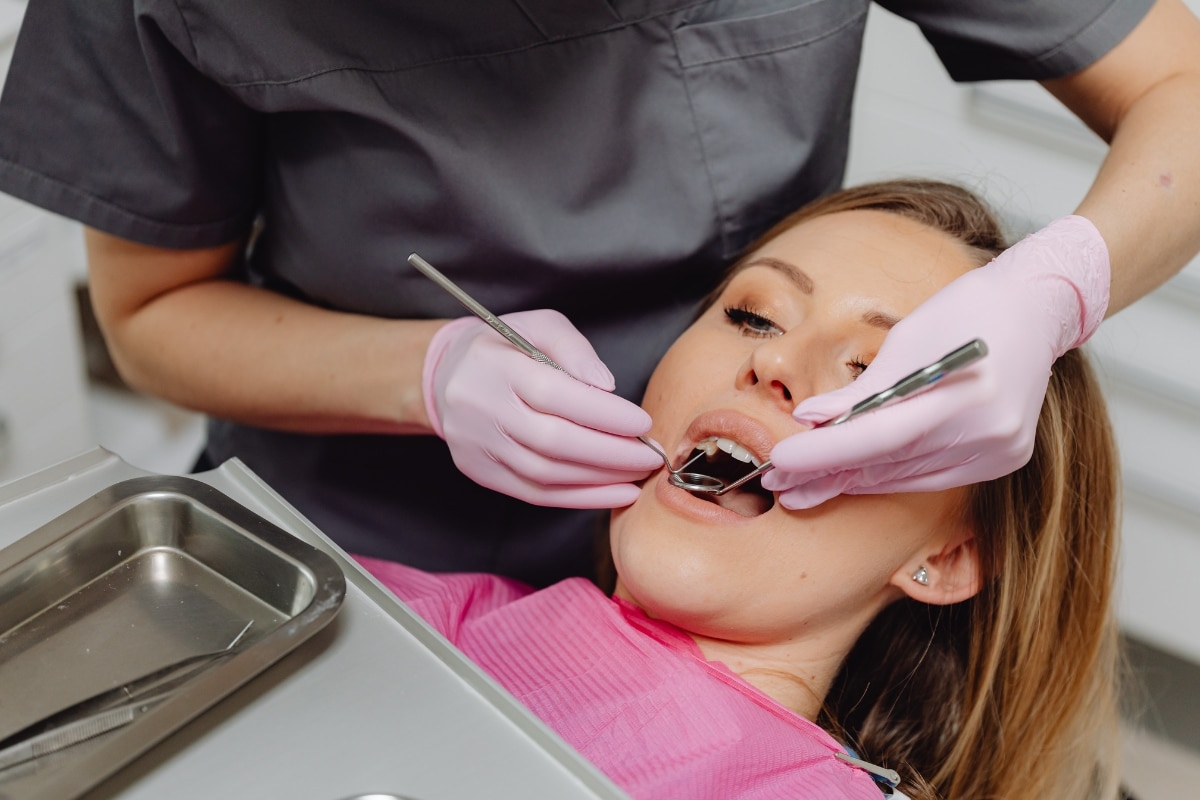Pay Online
How to Choose the Right Toothbrush and Toothpaste for Your Needs

Are you tired of staring at the overwhelming array of toothbrushes and toothpaste options in the dental care aisle? We’ve all been there! With so many choices, it’s easy to feel like a deer in headlights. But fear not! In this blog post, we’ll guide you through the maze of oral hygiene products and help you choose the perfect toothbrush and toothpaste for your unique needs.
From bristle types to fluoride levels, get ready to uncover the secrets behind achieving that dazzling smile with ease. So, let’s dive in and brush up on our knowledge together!
Importance of Oral Hygiene
Good oral hygiene is crucial for maintaining a healthy mouth, fresh breath, and overall well-being. It involves daily practices and habits that help to keep your teeth, gums, and mouth clean and free from disease-causing bacteria.
Here are some of the key reasons why oral hygiene is important:
Prevents Tooth Decay: Regular brushing and flossing remove plaque from the surfaces of your teeth. Plaque is a sticky film containing bacteria that feeds on sugars in food. If not removed, it can lead to the formation of acid that erodes tooth enamel, causing cavities.
Protects Against Gum Disease: Poor oral hygiene can also result in gum disease or periodontitis – an infection of the tissues supporting your teeth. This condition can cause swelling, bleeding gums, bad breath, and even tooth loss if left untreated.
Promotes Fresh Breath: Bad breath (also known as halitosis) can be embarrassing and hurt your social life. Practicing good oral hygiene by brushing twice a day helps to eliminate bacteria responsible for foul-smelling breath.
Maintains Overall Health: Your mouth is the gateway to your body; therefore, poor oral health has been linked to several systemic diseases such as heart disease, diabetes, respiratory problems, and pregnancy complications.
Saves Money: Taking care of your teeth through proper oral hygiene practices can save you money in the long run by preventing expensive dental treatments such as fill.
Factors to Consider When Choosing a Toothbrush
When it comes to oral hygiene, choosing the right toothbrush is crucial for maintaining a healthy mouth. With so many options available on the market, it can be overwhelming to know which toothbrush is best suited for your specific needs. To help you make an informed decision, here are some factors to consider when choosing a toothbrush.
Bristle Type: The bristles of a toothbrush play a significant role in cleaning your teeth effectively. There are three types of bristles- soft, medium, and hard. Soft bristles are recommended by dentists elgin as they are gentle on the gums and do not cause any damage to the enamel.
Medium bristles may be suitable for people with more plaque build-up or those who have stronger teeth. Hard bristles should be avoided as they can cause gum irritation and wear down the enamel over time.
When it comes to choosing the right toothbrush, one important factor to consider is the bristle type and hardness. The bristles of a toothbrush play a crucial role in removing plaque and food debris from your teeth and gums, so it’s essential to choose the right type for your oral health needs.
There are three main types of bristles: soft, medium, and hard. Each type has its benefits and drawbacks, so it’s important to understand them before making a decision.
Size of Brush Head: The size of the brush head is another important factor to consider when choosing a toothbrush. A smaller brush head allows for better access to hard-to-reach areas at the back of your mouth, making it easier to clean all surfaces of your teeth thoroughly.
When it comes to choosing the right toothbrush and toothpaste for your needs, considering the size and shape of your head is an important factor. The size and shape of your head can greatly affect how you brush your teeth and what type of toothbrush will be most effective for you.
Firstly, let’s discuss the size of your head. When selecting a toothbrush, it’s essential to choose one that fits comfortably in your mouth. A brush that is too large may cause discomfort or make it challenging to reach certain areas of your mouth, while a brush that is too small may not effectively clean all surfaces of your teeth.
Handle Grip: The handle grip is often overlooked but plays an essential role in how comfortable and effective your brushing experience will be. Look for a handle that feels comfortable and easy to hold on to while brushing.
When it comes to choosing the right toothbrush and toothpaste, one important aspect to consider is the handle design and grip. This may seem like a minor detail, but it can have a significant impact on your overall brushing experience.
The handle design of a toothbrush plays a crucial role in how comfortable and effective it is to use. A good handle design should allow for a firm grip and easy maneuverability while brushing. Look for toothbrushes with wider handles that are easy to hold onto, especially if you have larger hands or limited dexterity.
Types of Toothbrushes
When it comes to oral hygiene, choosing the right toothbrush is just as important as selecting the right toothpaste. With so many options available on the market, it can be overwhelming and confusing to decide which type of toothbrush is best for you. In this section, we will discuss the different types of toothbrushes – manual, electric, and sonic – and their pros and cons.
Manual Toothbrush: A manual toothbrush is a traditional toothbrush that requires hand movement to effectively clean your teeth and gums. These are usually made with nylon bristles attached to a plastic handle and come in various sizes, shapes, and bristle patterns.
Pros:
- Affordable: Manual toothbrushes are widely available at affordable prices.
- Easy to use: They require no charging or batteries, making them convenient for travel.
- Versatility: There are various types of bristles (soft, medium, hard) and sizes available to suit individual preferences.
- Cons:
- Requires more effort: Using a manual toothbrush requires more physical effort compared to an electric or sonic toothbrush.
- Brushing technique matters: The effectiveness of cleaning depends on proper brushing techniques such as using gentle circular motions or angling the brush toward the gum line.
- Electric Toothbrush: An electric toothbrush uses battery-powered vibrations or rotations to clean your teeth and gums. Some models have rotating heads while others have oscillating heads that move back-and-forth.
How to Choose the Right Toothpaste
Choosing the right toothpaste may seem like a simple task, but with so many options available on the market today, it can be quite overwhelming. From whitening to sensitive teeth formulas, there are a variety of toothpastes to choose from. So how do you know which one is right for you? Here are some factors to consider when selecting the perfect toothpaste for your needs:
Look at the Ingredients: Before purchasing any toothpaste, take a look at the list of ingredients. This will give you an idea of what type of benefits and results you can expect from using that particular toothpaste. For example, if you have sensitive teeth, look for ingredients such as potassium nitrate or strontium chloride which can help alleviate sensitivity.
Consider Your Dental Needs: Are you looking for a basic cleaning or do you have specific dental concerns? If you have issues with plaque buildup or cavities, opt for a toothpaste that contains fluoride to help strengthen your enamel and prevent decay. On the other hand, if your main concern is whitening your teeth, look for toothpaste with whitening agents such as hydrogen peroxide or baking soda.
Recent Posts

Why Is It Critical to Replace a Missing Molar Even If It’s Not Visible When I Smile?

What Should I Do If My Child Knocks Out a Permanent Tooth in Elgin?

Can Invisalign Fix Overbite? How It Solves Complex Dental Issues in Elgin, IL

How Does Thumb-Sucking or Pacifier Use Affect Teeth?


